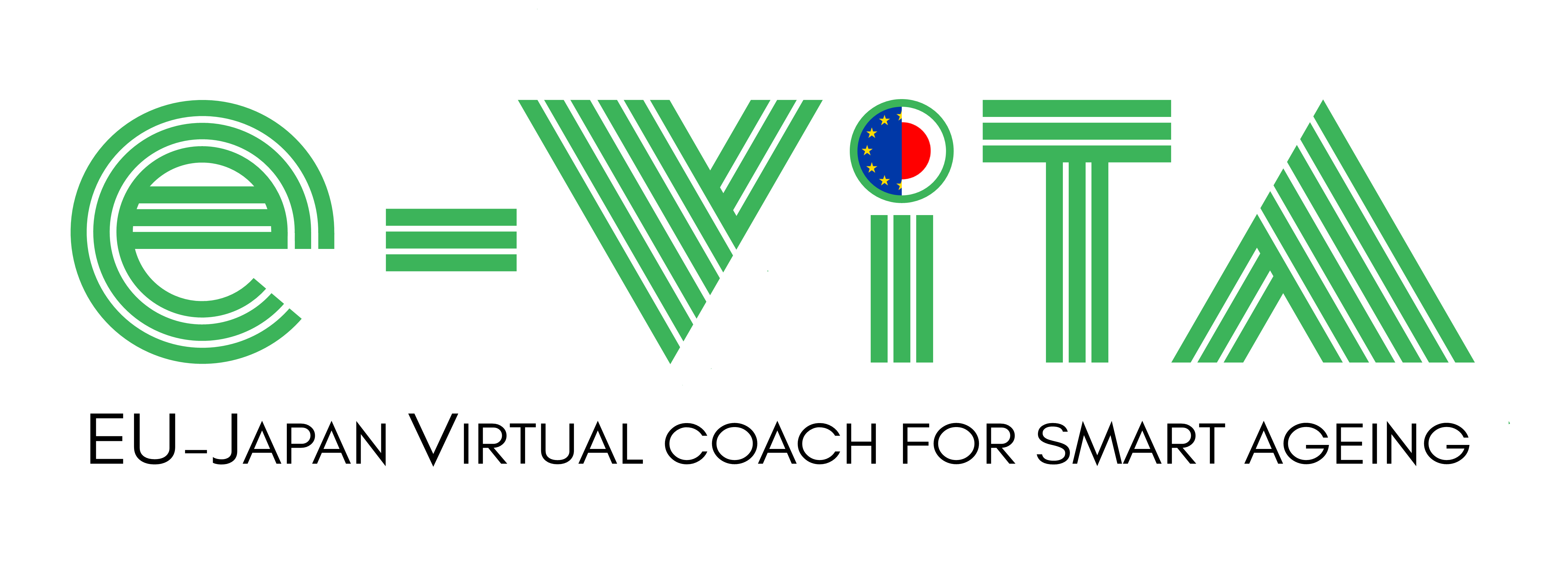The impact of digitalisation policies on e-VITA

As e-VITA is an innovative and disruptive technology, there is a need to understand digitalisation policies that may influence the use, usage and acceptance of technologies. If you’re interested in other ageing policies and their impact on e-VITA have a look at this article (click here).
France
Within the framework of Law no. 2015-1776 of 28 December 2015 on the adaptation of society to ageing, the Silver Economy sector has been restructured. Created in 2013, it brings together all the actors who offer solutions and products to meet the needs of older people – whether they are active and independent, frail or losing their autonomy.
The “My Health 2022” strategy aims to improve the management of certain disease pathways in terms of patient experience and clinical effectiveness by assessing available data using digital tools.
In terms of digital literacy, the “Digital Solidarity” Platform has been set-up to aid people who need support in using digital tools.
Germany
The Federal German government has implemented several measures improving digital services access by older people, most notably “Digitalisation and Education for Older People” and “Digital Angel”.
- “Digitalisation and Education for Older People” is financed by the federal government and run by BAGSO (German National Association of Senior Citizens’ Organizations) since 2017. Through the website www.wissensdurstig.de older people can find events, information services in their area, as well as tips and materials for digitalisation and training.
- “Digital Angel – secure, useful, helpful” is a low-threshold offer to acquire digital skills for older people by visiting places where older people often gather e.g. market squares.
In 2021, the Federal Government together with BAGSO, state and municipal governments, business, science and civil society initiated the Digital Pact for Older Persons to improve autonomy in old age with the help of technologies. During the launch event, a competition Seniorfriendly.Digital.Successful for companies to involve older consumers in the digitalisation of their products was set-up.
During Germany’s presidency of the European Council (July to December 2020), the Council adopted a range of conclusions concerning “Human rights, participation and well-being of older persons in the Era of Digitalisation”. The Council’s conclusions about ageing, adopted for the first time in over ten years, will form a work programme for the EU’s member states for the coming years.
Italy
Using technologies for active and healthy ageing is part of the National Strategy for Intelligent Specialisation (funded by the EU Development and Cohesion Fund) and implemented through the health operational plan. The aim is the development of assisted technologies in living spaces that can help older people maintain their self-sufficiency, even in fragile conditions. As part of the strategy two calls were issued to businesses for the design and implementation or improvement of products, processes or services, through the development of enabling technologies, including in the field of home care.
In 2019, the National Adult Population Skills Guarantee Plan includes an enhanced role of the Provincial Centres for Adult Education, as well as actions to improve basic digital skills. The 2020 National Strategy for Digital Skills and the corresponding Operational Plan provide actions to increase the digital literacy of 65- to 74-year-olds from today’s 14% to 44% in 2050.
Japan
The Japanese government is currently drafting the “Digital Garden City Nation” policy which includes plans to launch a system by the end of 2022 to have over 20,000 personnel help older people with their smartphones and other digital devices.
As part of the Long-term Care Insurance Act (=mandatory nationwide insurance system for all Japanese above the age of 65), older persons can rent assistive devices at 10% or 20% of the market price through the Welfare Equipment Rental Program.
Recommendations for e-VITA
e-VITA needs to be developed considering the context and environment in which it is implemented. It is therefore important to promote the accessibility to the technology. Digitalisation policies containing digital skills initiatives for older people (will soon) exist in all countries
For example, the Digital Solidarity Platform (France); “Digitalisation and Education for Older people“ and “Digital Angel” (Germany); the 2020 National Strategy for Digital Skills (Italy); “Digital Garden City Nation” policy includes 20,000 people to help older people with digital devices (Japan).
Policy Department for Economic, Scientific and Quality of Life Policies (2021) Ageing policies – access to services in different Member States; MIPAA+20 country reports – France, Germany, Italy; Voluntary National Survey on the Implementation of the Madrid International Plan of Action on Ageing (MIPAA) in Asia and the Pacific – Japan[VH1]







